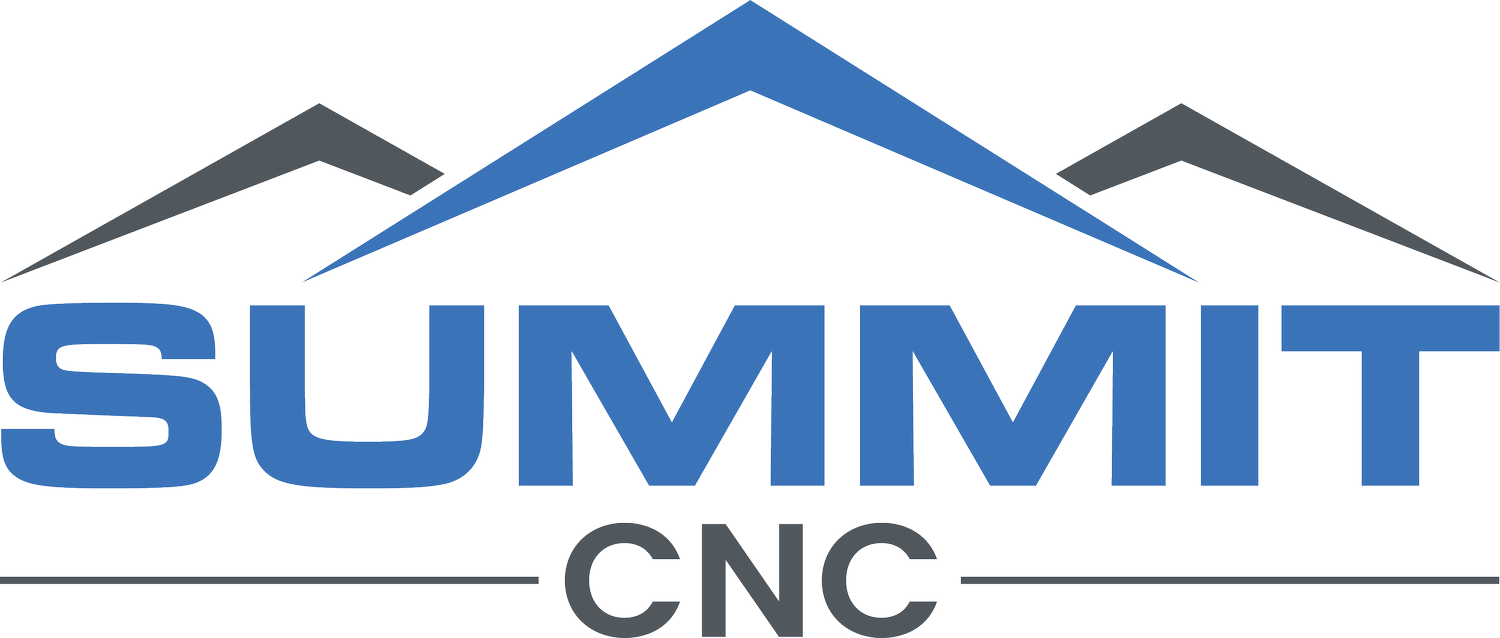In-House Hardware Integration for Prototypes and Low-Volume CNC Parts
As we’ve shared before, our Denver machine shop is here to remove friction and stress for our customers. Keeping with those values, whenever we quote parts that call for hardware integration on the associated engineering drawings, as long as we have the capabilities to perform the services, we always offer to do this integration for our customers.
Here’s a look at the types of hardware we most commonly insert into prototypes and low-volume CNC parts and the quality of care you can expect from our experienced team.
Hardware Insertion for Prototypes and Low-Volume CNC Machined Parts
While many companies provide rapid prototyping and low-volume parts manufacturing services, they often require minimum part quantities before they’ll insert hardware.
When customers receive machined parts with uninstalled hardware, they face two distinct disadvantages that can cost them time and money:
The customer is responsible for sourcing and installing the hardware after receiving the machined parts, which consumes time when they could be accomplishing other tasks.
More significantly, should the hardware not properly fit, the customer may need to have the CNC parts reworked or re-machined.
At Summit CNC, we’re happy to offer hardware integration for CNC part quantities down to just one to ensure your machined parts are ready to go from the moment you open the box.
Common Hardware Our Denver Machine Shop Inserts into CNC Parts
Although there are many types of hardware, we most commonly install these specific types:
Press Fit Dowel Pin
Dowel Pins
We frequently machine features to accommodate press-fit or slip-fit dowel pins, which assist in aligning and holding mating parts together.
Press-Fit Dowel Pins. When an assembly calls for press-fit dowel pins to join two mating parts snugly, precision machining is everything. When held too loosely, press-fit dowel pins will rattle loose during repeated use. And if a dowel pin fits too tightly, the machined part’s metal or plastic composition adjacent to the targeted hole can deform to a nonfunctional or undesirable degree as the dowel pin is inserted into place.
One solution is to ream a drilled hole that securely fits the dowel pin’s precise measurements. Drilling alone is prone to creating an oversized hole, so when reamers aren’t available, we micro-end mill the holes instead. Milled holes for press-fit dowel pins have their own special requirements, however, including carefully measured tool wear offsets and dialed-in feeds and speeds. You’ll want to work with a machine shop that understands these nuances and how to navigate them!
Slip-Fit Dowel Pins. Slip-fit dowel pins are found primarily in assembly work and require the same meticulous precision machining as their press-fit counterparts.
If the pin’s machined hole is too tight, the assembler will struggle to insert and remove the pin as needed. Alternately, if the hole is too loose and the dowel pin slips in and out too easily, that’s also a problem. Additionally, too much give in a hole allows the dowel pin to move from side to side, causing torque and preventing precise mating. And if the slip-fit pins can’t align the parts at a perfect 90-degree angle, the assembly line may suffer extended completion times, and customers will be left waiting.
Heli-Coil® Wire Threaded Inserts
Heli-Coil wire-threaded inserts eliminate the need for traditional thread cutting by providing fast, robust threads in aluminum CNC machined parts for aerospace, defense, medical, and other critical industries.
After a leading COVID rapid testing company requested simple tapped holes on a first run of CNC machined diagnostic trays, they revealed that they planned to install Heli-Coils on subsequent trays to strengthen the pipe thread connections and prevent fluid leaks. This customer was thrilled when we offered to complete the Heli-Coil insertions for them!
Machine Keys
Available in different shapes and sizes (square, rectangular, and tapered, for example), machine keys are mechanical components used to connect rotating elements, such as gears, pulleys, and shafts, within machinery and equipment. They fit into key slots or keyways on the rotating shaft and the mating component and are designed to transmit torque and prevent slippage or relative movement between the connected parts, ensuring efficient power transmission and alignment.
Key slots must be CNC machined precisely to fit their complementary key inserts. Our Denver machine shop uses micro-end milling and delicate non-standard tooling to achieve these precision machined features so that the machine keys fit perfectly upon assembly.
Do you like our proactive and comprehensive approach to in-house hardware integration for CNC machined parts? Use our Smart Quote portal to request our prototype and low volume CNC machining services.

